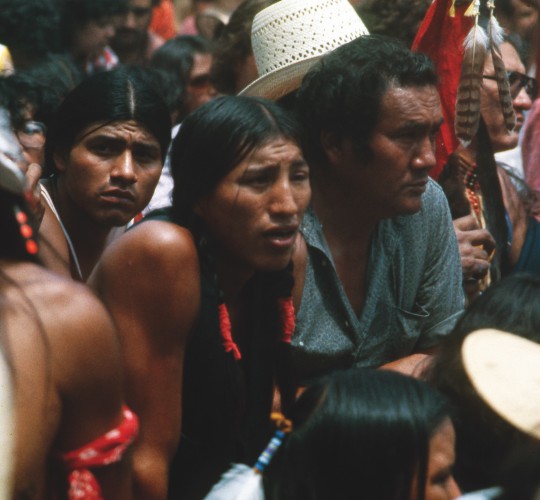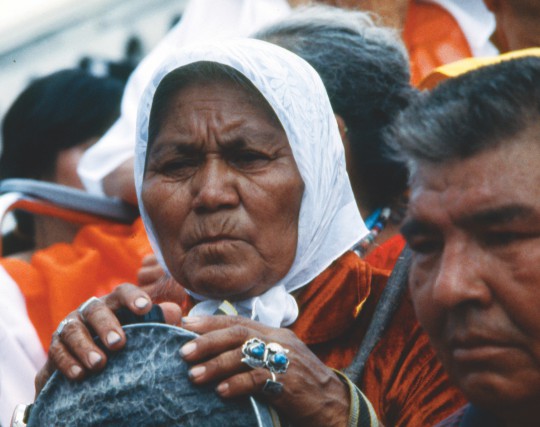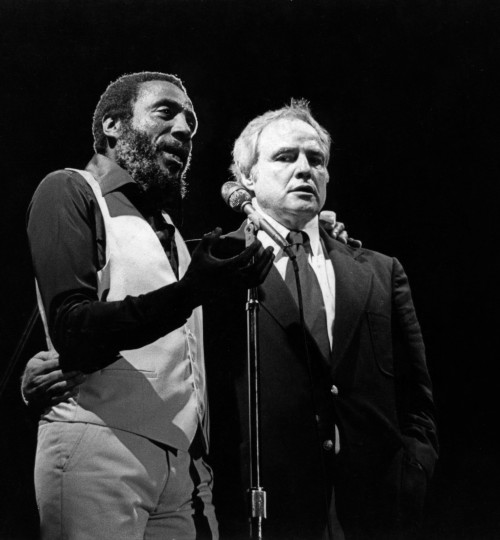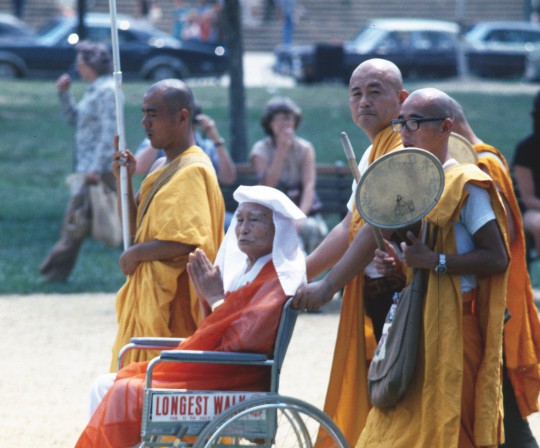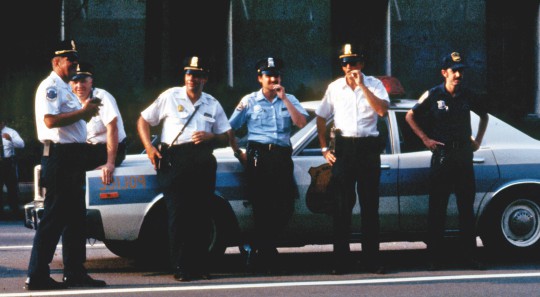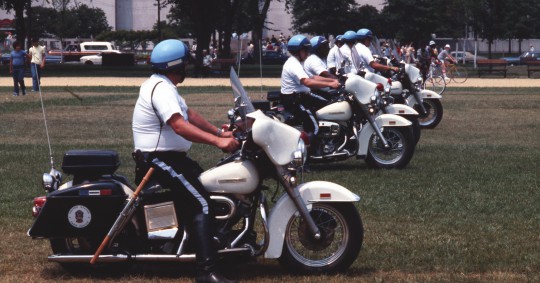
The Longest Walk was a protest demonstration in which more than 100 Indian nations participated. From San Francisco to Washington D.C., 3,200 miles, the Walk symbolized a heroic response to the forced movement westward over the years of European settlement and the United States government “resettlement” of Native People of North America. It also symbolized opposition to eleven bills in Congress designed to limit further the autonomy of the Indian people.
Plenty, through our Farms and city centers across the country, helped marchers along the way and supplied a medical team and ambulance from Pittsburgh to Washington D.C.

Mark Madrid: On the Longest Walk, I was the Plenty medical director. We picked up the Walk somewhere after Ohio, somewhere in Pennsylvania. I was still in recuperation from the typhoid I had contracted in Guatemala. On the Farm, out on Schoolhouse Road in the newly dubbed “Longhouse” we had trained Dwayne Shenandoah. We had a young guy; we had a couple, Angie (Ojibwe) and Jay Mason (Mohawk). I trained him to be an EMT. We had a crew of Dwayne, Jay, Angie, and Doug Stevenson as our radioman.
When the marchers got to Washington D.C. they went to the White House and announced to President Jimmy Carter — “The Landlords are here!”
One purpose of the Longest Walk was to protest and lobby against eleven bills before Congress altering treaties between the U.S. government and various Native tribes. These bills would have restricted tribal sovereignty, limited hunting and fishing rights, and shut down Native schools and hospitals. All of the proposed bills that had provoked the Longest Walk were defeated in the United States Congress.
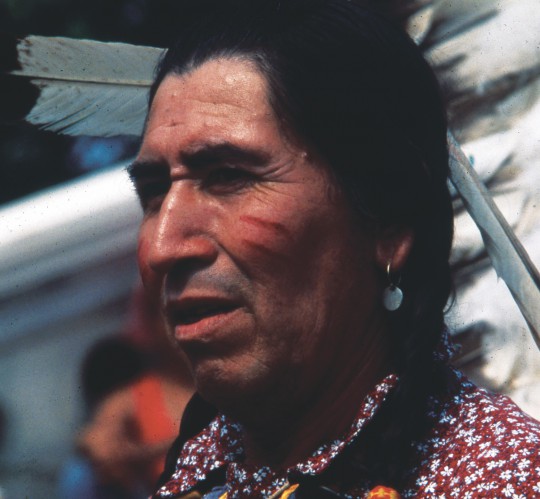
The truth is hidden from American people about Native people. That is why you never heard about The Longest Walk. That is why you never heard about some of the bills that are affecting the Indian people. That is how come you don’t know how much rights the Native people have. People in America don’t understand what life is on reservations.
This is not the end of The Longest Walk — we are going to continue to walk and walk and walk until we find freedom for all Native people.
— Phillip Deere, Muskogee/Creek Elder




